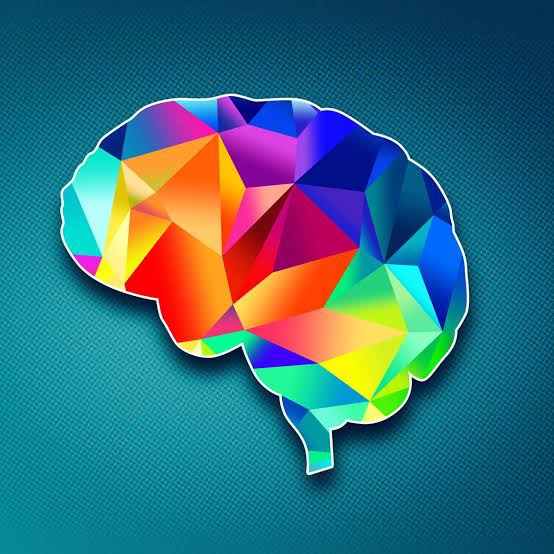Serotonin: The Connection between Gut Health, Stomach Health, and Mental Well-being

Serotonin, often referred to as the “happy hormone,” plays a crucial role in various aspects of our well-being. Beyond its association with mental health, serotonin also influences gut and stomach health. This remarkable neurotransmitter serves as a vital link between our gut and brain, impacting not only digestion but also our overall mental wellness. In this article, we will explore the fascinating relationship between serotonin, gut health, stomach health, and mental well-being.
The Gut-Brain Connection:
The gut-brain connection refers to the bidirectional communication between our central nervous system (CNS) and the enteric nervous system (ENS) located in the gastrointestinal tract. Serotonin, primarily produced in the gut, acts as a key messenger in this intricate relationship.1. Serotonin and Gut Health:
Serotonin plays a fundamental role in regulating various gastrointestinal functions. It aids in the contraction and relaxation of the intestinal muscles, thereby facilitating healthy digestion. Imbalances in serotonin levels can contribute to gastrointestinal disorders such as irritable bowel syndrome (IBS) and constipation. Additionally, research suggests that serotonin may influence gut motility, gut permeability, and even the gut microbiota composition.
2. Serotonin and Stomach Health:
The stomach, a significant component of the digestive system, also relies on serotonin for optimal functioning. Serotonin helps to regulate gastric acid secretion, which aids in breaking down food and enabling efficient nutrient absorption. Proper levels of serotonin are essential for maintaining a healthy stomach lining and preventing conditions like gastritis and gastric ulcers.
3. Serotonin and Mental Health:
Serotonin’s impact on mental health is well-documented. It acts as a neurotransmitter in the brain, regulating mood, appetite, sleep, and overall emotional well-being. Imbalances in serotonin levels have been associated with conditions such as depression, anxiety, and even eating disorders. Consequently, medications like selective serotonin reuptake inhibitors (SSRIs) are commonly prescribed to treat these mental health conditions.
The Gut-Brain Axis:
The gut-brain axis serves as a communication highway between the gut, brain, and the various microorganisms residing in our digestive system. Serotonin, with its dual presence in the gut and brain, plays a pivotal role in this complex interplay.1. Serotonin’s Influence on Mental Health via the Gut:
Research suggests that the gut microbiota can influence serotonin production in the gut, subsequently impacting mental health. Healthy gut bacteria promote the production and regulation of serotonin, while imbalances in the gut microbiota can lead to decreased serotonin synthesis, potentially contributing to mood disorders.
2. Psychological Impact on Gut Health:
Conversely, psychological factors such as stress, anxiety, and depression can affect gut health. Chronic stress, for instance, can disrupt the gut microbiota, alter serotonin levels, and contribute to gastrointestinal disorders. This bidirectional relationship emphasizes the need for maintaining both gut and mental well-being for overall health.
Conclusion:
Serotonin, acting as a messenger between the gut and brain, plays a vital role in maintaining gut health, stomach health, and mental well-being. Its influence extends beyond regulating digestion to impacting mood, emotions, and overall mental health. Understanding the intricate connection between serotonin, gut health, stomach health, and mental well-being provides valuable insights into the holistic nature of human health. By nurturing a healthy gut-brain axis through balanced lifestyle choices, adequate nutrition, and stress management, we can enhance our overall well-being and lead healthier, happier lives.




